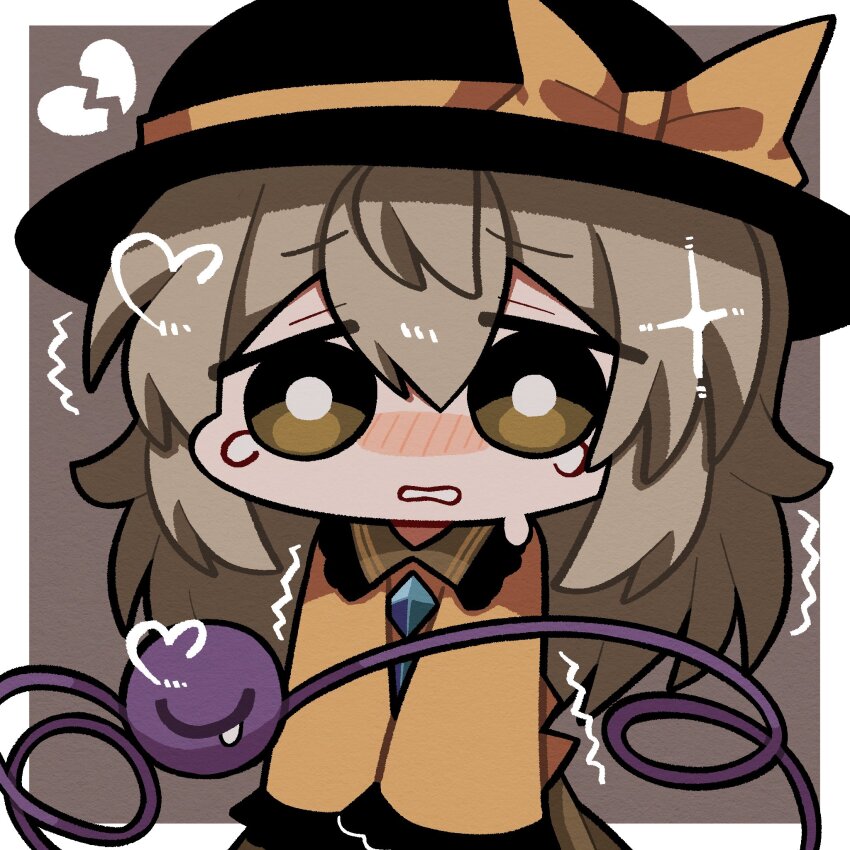hello! this is the first communist theory thing I actually managed to finish and fully understand, I’m gonna move on to other recommendations next, but I did get quite a lot of doubts that I noted in a little text file. none of them are gotchas just things I genuinely wonder about/don’t understand
i apologize in advance if these are common annoying questions, feel free to point me to other resources that answer these things if it’s too much  you also don’t have to answer everything
you also don’t have to answer everything
here’s the text in case it’s useful!! https://www.marxists.org/archive/marx/works/1847/11/prin-com.htm
Section 18
If competition is erradicated when every line of production is controlled by the state as Engels is proposing, will that mean an end of variety in consumer choice? I have indeed heard stories that people in socialist countries “only have one or two brands of X”, I’m not sure to what extent that is true but it seems like the natural conclusion from doing this…
Do you think this is better for an average person? main things that scare me are that, much like with companies in a market, how could we ensure the state produces things that benefit us and not benefit itself instead? this is what worries me about only having a single national bank too. Ideally if we only have one choice we have to make sure it’s the right one, no?
How would niche things, that benefit some part of the population but not everyone, be produced? Things like… fumo plushies, board games, or to put a less banal example, something that helps a condition that is uncommon and doesn’t spread but still exists, like special shoes to help some kinds of foot deformation for example…
thing is in a market system, niche things can make just as much or even sometimes more money than stuff that is produced “to be useful for everyone”, so they almost always appear in some way. but if all the production is controlled by the state, with very grand goals in mind, wouldn’t it not benefit them in any tangible way to invest in these kinds of things?
also, what would inspire innovation if it’s not competition? couldn’t the state just be satisfied with the results something is giving and not be interested in giving it resources to improve?
Section 19
I’m curious what communists think about this with a modern lens? AFAIK a revolution in a single country did happen right? And in Russia so none of the places Engels proposed. It didn’t really spread from there.
Section 20
do marxists think only economic class exists? wouldn’t there still be political classes? here it says that classes would end up disappearing because they only form due to division of labour. But isn’t there even in a fully realized socialist state a division of labour? even if everything is nationalized, isn’t there still a difference in power between, like, a furniture factory worker and the bureaucrat that oversees the state’s furniture building company? even if that bureaucrat is not monetarily richer than the worker per se.
also, it predicts here that education will give people the opportunity to understand the entire production system and thus jump from producing one thing to another, but since this book has written education has become a lot more universal, and that’s not what really happened right? people still chose one thing to specialize on and do it all their lives (or they study something that doesn’t have work opportunities and work something else). is there a difference in how marxists want education to work?
Section 24
I have one doubt about what Engels says about democratic socialists, mainly that small capitalists (“petty bourgeoisie”) in general tend to have the same interests as the proletariat.
i think one of the things that has put me off about revolutionary communism is precisely the attitude towards small capitalists, to be honest my parents are part of them, and I’ve always struggled to see them as a big evil the same way I view corporate giants, mainly because it’s just obvious their aims are not the same
I think the exploitation Engels is talking about where the workers always get the bare minimum that can be afforded happens mainly in big companies, especially the ones that have investors and seek infinite growth, but small companies like my parents’s basically just want to get by and survive, they only want to maintain themselves at an earning level that can support my family and the families of everyone who works there, if they can’t pay the wages with the weekly earnings they take out of their own savings to do it
in my parent’s case they are over 70 so they couldn’t really be part of the factory work either way, and I think what they do is still valuable (managing things, attending calls, organizing production and planning, supervising the design of new ideas, solving disputes, marketing, training new employees, etc…)
will these kinds of companies be treated any differently?
thanks a lot for reading, in advance!


it’s hard. partly why so many people take the Capitalist Realism inroad to anticapitalism. it’s kind of the first thing you notice is how hard it is to imagine alternatives.
yes, and also that the innovations are used extremely inefficiently, as you rightly pointed out.
marx and engels’ analysis was highly focused on the condition of the proletariat under industrialized capitalism in bourgeois european societies that hadn’t necessarily thrown off their monarchies yet. consider that the year of publication of this is 1847, a year before the slew of liberal revolutions of 1848 in europe. so in terms of their relatively far future predictions of conditions and circumstances that did not reach their zenith until the end of WWI, the culmination of the communist preparation for the millennarian coming of the global revolution, they didn’t take into account the increasingly global nature of capitalist exploitation. the colonial holdings of the fractured european society of the early 20th century were extremely valuable, and control over those was a key catalyst for WWI, a war of terminal crisis inn european capitalism, sort of imploding on itself. modern europe doesn’t really exist until after that crisis concludes. it’s also the stage of development where the communist revolution truly seemed to be ready to kick off, that circumstances for the proletariat had finally deteriorated to the point that bourgeois society itself was about to mindlessly obliterate itself. but, notably, the communist organization just never really gained traction to do the whole global revolution thing. marx and engels figured it would happen first in the imperial cores, because those places had the most developed proletariats. however, they didn’t have a way to predict the interdiction of the colonial holdings on how the situation panned out. conditions essentially never really reached a point where communist organization could sweep away the authority of the bourgeois states. england never had a revolution, they had extensive colonial holdings, the profits of which could be used to give better wages to domestic workers while the capitalists still made incredible profits. the most successful colonial empires were the most able to use extra violence in the colonies to get extra labor and resources to buy off the proletariat at home. germany had a real attempt at a revolution, had very few colonies incidentally, and lost because the communists were betrayed by their social democratic allies, who at that point were too embedded in the operating structures of their bourgeois state to intentionally implode it. especially after they had agreed to let germany get involved in WWI, something that in many ways made the betrayal of the communist revolution inevitable. russia didn’t have colonies, russia was the colony. the broader russian empire was the local bread basket of europe, operating at basically feudal production to grow grain for the industrialized west. it turned out to be much simpler to topple their bourgeois state because it barely existed in the first place.
sure, those are good examples. a doctor that in a practice, a lawyer in a practice, typically work that is considered “professional” labor is petty bourgeois, specifically when it’s private practice thereof. a lawyer that is solely a public defender is essentially a wage slave of the bourgeois society that employs them (and not a well-paid one mind you).
it’s a funny thing, but from the analysis of how capitalism functions, your parents are unfortunately in the class of owners of the means of production, they’re just bad at it in a technical sense. i don’t mean that as a moral judgement, they’re just not as good at doing capitalism as like, a wall street psychopath. the tension in liberalism ultimately comes down to these questions of how we are individually to feel and relate to things we want to morally valuate. circumstance would determine what would happen with your parents under a communist revolution. if they’re truly kind people, perhaps their workers wouldn’t harbor too much resentment, you know? but that’s what it really comes down to, they’re on the winning side in our society by being in the position to dictate to their workers that the extra part of the value they create is going to your parents’ house that the workers can’t share in. i’m not, and i don’t think anyone normal would agree that your parents are inhuman monsters like elon musk. it’s just that they’re in the same relationship to other people in terms of the means of production.